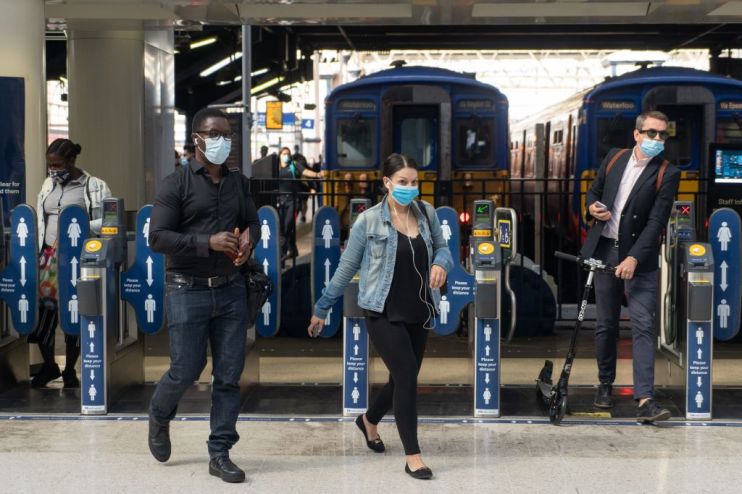Leading rail pension scheme warns of £15bn shortfall under new rules

The Railways Pension Scheme (RPS) has warned that a proposed regulatory shake-up of funding rules would create a £15bn hole in its finances.
The £30bn scheme serves 350,000 members across the UK’s rail sector, including rail managers and train drivers.
It has set out its concerns to the Pensions Regulator following plans, which were unveiled in March, that could see deficits at as many as 5,500 defined benefit schemes increase, as first reported by the Financial Times.
The less optimistic assumptions on investment returns are likely to inflate the cost of liabilities, the RPS argued.
Currently, defined benefit pension schemes have flexibility over financial assumptions used to value pension promises.
The UK’s largest rail pension fund warned that this move would have a “substantial” cash impact on tens of employers.
However, the regulator has said the overhaul, which is due to come into effect late next year, would protect pension rights and reduce risk of current rules being “misused” to manage contributions.
The RPS, which provides pensions for more than 150 rail-related firms, said its modelling showed the rule changes could lead to a £15bn deficit in its fully-funded scheme as it switches to lower-risk and lower-returning assets.
Any shortfall would then have to be picked up by employers, who have already come under increased financial pressure due to the drop in passenger numbers amid the Covid-19 pandemic. Although, the government has stepped in to aid railway firms in the face of this financial challenge.
“The issue we wish to highlight is the ability for employers to cope with a substantial change to the DB funding regime via a significant level of medium-term de-risking,” said John Chilman, chief executive of Railway Pension Investments Limited, which manages the RPS.
The Department for Transport told the FT: “Train operating company sections of the Railways Pension Scheme should be fair, affordable, and sustainable for employees, employers, the taxpayer and farepayers, and are working closely with the industry to ensure this.”